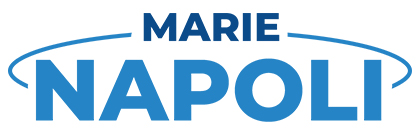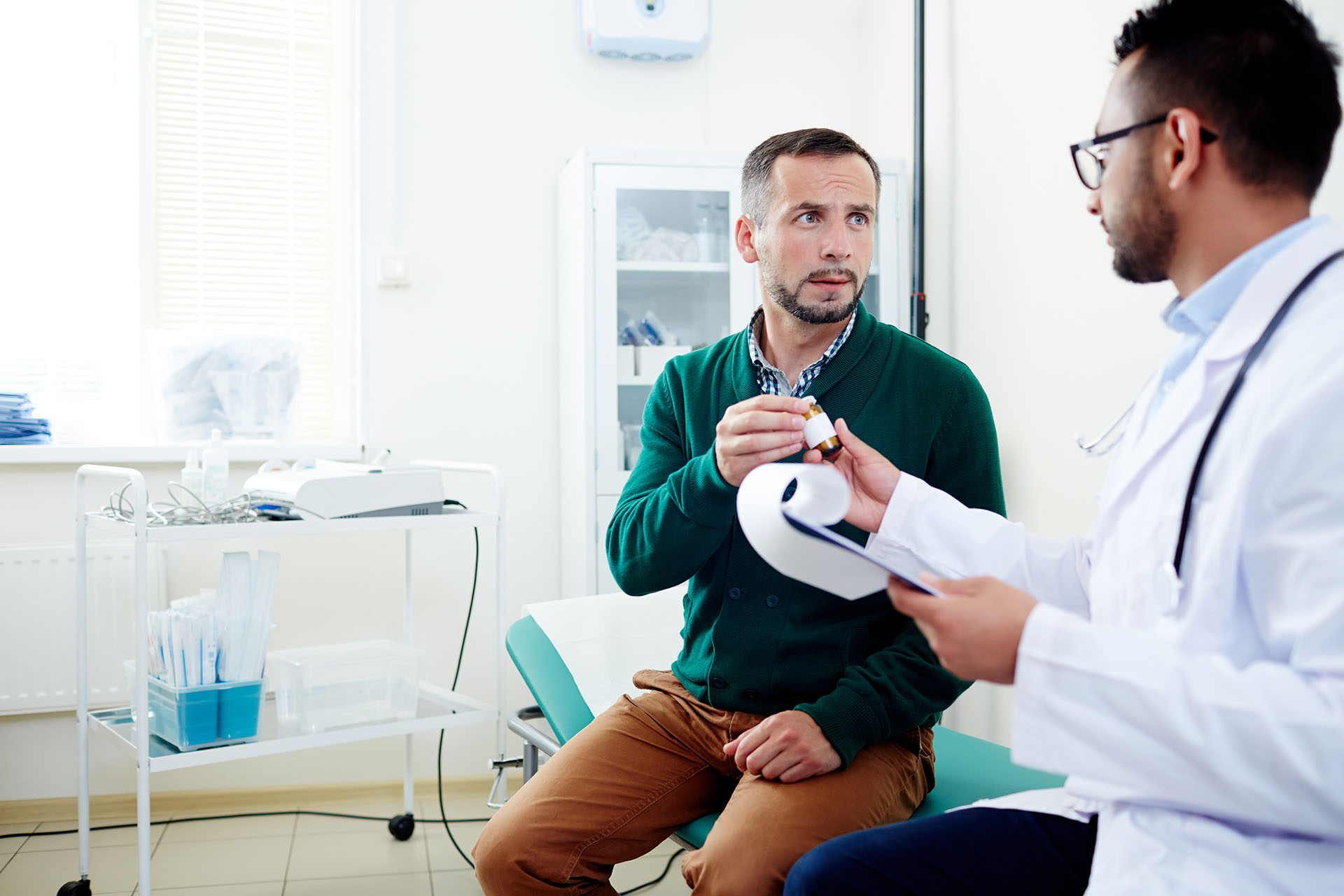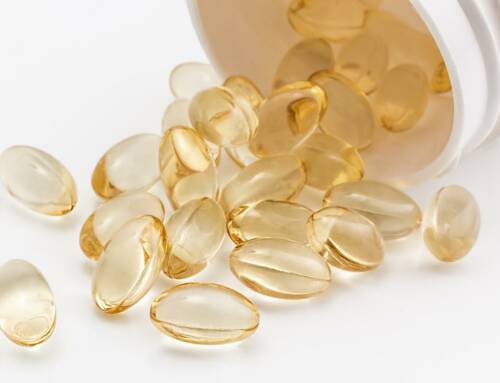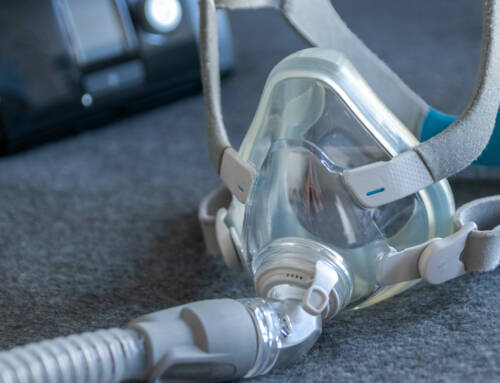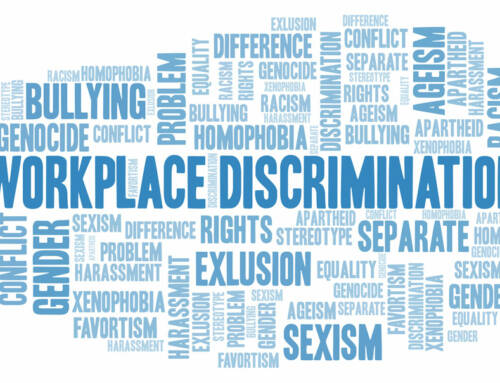Prescription and over-the-counter medications are approved by the FDA if they are properly tested and manufactured and offer benefits that outweigh their known risks. Medical devices may be approved on the basis that they are “substantially equivalent” to devices already approved and on the market for the same use or, for new devices, that they are reasonably effective and safe.
Despite approval requirements, products sometimes still make it to the shelves and into the hands of healthcare professionals when they can cause serious harm. They may also be improperly marketed or mislabeled. Accordingly, there are certain circumstances where the drug company or manufacturer of the medical device may be held liable.
The following are basic examples of when a manufacturer may be held liable for injuries caused by one of their drugs or devices:
- The manufacturer gained FDA approval based off falsified test results.
- The manufacturer’s application for approval to the FDA was missing relevant test results that showed adverse reactions.
- The drug was part of a batch manufactured at a specific facility where the wrong formula was used, or the dosage was mislabeled.
- The medical device had a manufacturing defect that rendered it dangerous or ineffective.
- The medical device had a design defect that impacted its efficacy.
- The manufacturer gained approval from the FDA based off a 510(k) application for a medical device that was not actually substantially equivalent to an already approved device.
- The manufacturer marketed a device or drug for a use other than what it was approved for.
- The manufacturer’s advertisements for the drug were misleading or provided incomplete information to potential patients.
The personal injury attorneys at Napoli Shkolnik, PLLC have settled several billions of dollars in pharmaceutical litigation and medical malpractice cases for their clients. If you are concerned that you may be a victim, please contact us.
